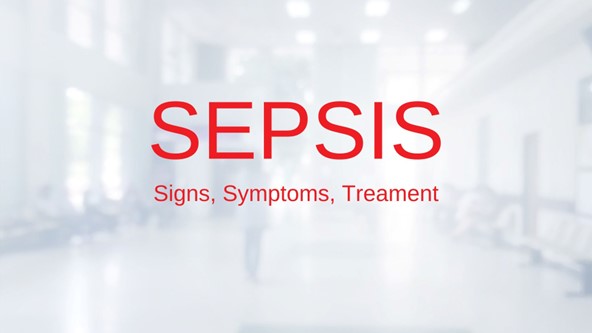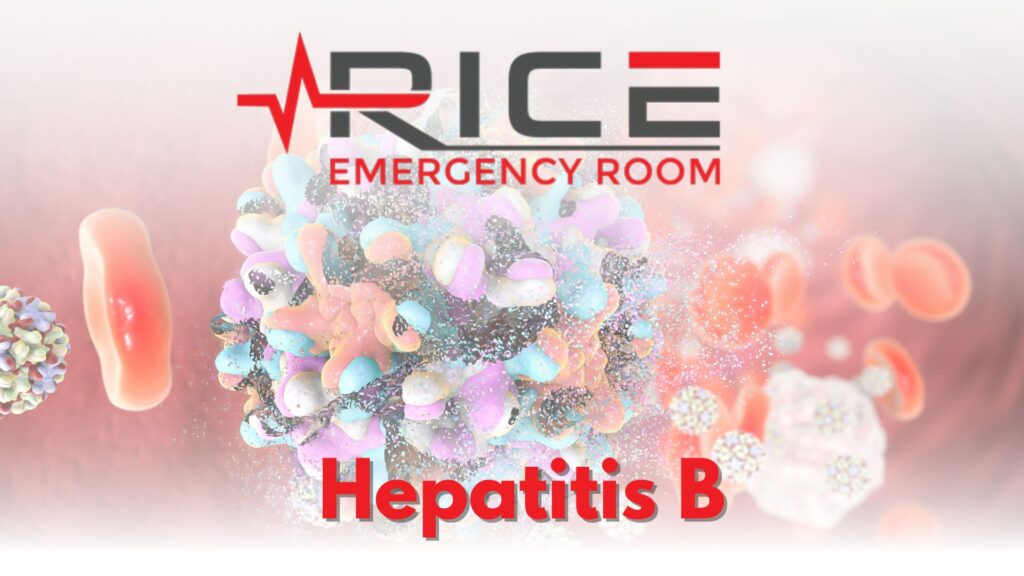
Sepsis is a critical medical condition that poses a significant threat to human health. It occurs when the body’s response to an infection goes awry, leading to potentially life-threatening complications. The prevalence of sepsis has become a matter of global concern due to its high mortality rate and potential long-term effects on survivors. Let’s explore what sepsis is, its causes, symptoms, and the affected population.
What is Sepsis?
Sepsis is a severe response to an infection that can lead to tissue damage, organ failure, and even death. Contrary to common belief, sepsis is not an infection itself; rather, it is the body’s overwhelming response to an infection. When pathogens, such as bacteria, viruses, or fungi, invade the body, the immune system typically springs into action to fight off intruders. However, in cases of sepsis, the body’s response becomes chaotic and can have detrimental effects. (Sepsis Alliance)
Symptoms and Causes of Sepsis
Recognizing the signs of sepsis is crucial for early intervention and improving patient outcomes. The symptoms of sepsis can vary, but common indicators include fever and chills, rapid breathing and heart rate, confusion or disorientation, extreme discomfort or pain, profound weakness or fatigue, and low blood pressure. It is important to note that sepsis symptoms can mimic those of other conditions, making diagnosis challenging. If one suspects sepsis or observes any of these symptoms in themselves or a loved one, immediate medical attention is essential. (Mayo Clinic)
Sepsis can arise from various types of infections, including bacterial, viral, fungal, or parasitic infections. Common sources of infection that can lead to sepsis include urinary tract infections, respiratory infections (e.g., pneumonia), abdominal infections (e.g., appendicitis, peritonitis), and skin infections. Sepsis can also develop from infections acquired during hospital stays, known as healthcare-associated infections (HAI), or from infections related to medical devices, such as catheters or ventilators. (Mayo Clinic)
Who is at Risk of Sepsis?
Sepsis can affect anyone, but certain groups have a higher risk of developing the condition. These high-risk groups include:
- The Elderly: Older adults, especially those over the age of 65, have a weakened immune response, making them more susceptible to infections and subsequent sepsis.
- Infants and Children: Young children, particularly infants, have developing immune systems, making them vulnerable to infections and sepsis.
- Individuals with Chronic Conditions: People with chronic medical conditions like diabetes, lung disease, kidney disease, or those undergoing cancer treatment, are at an increased risk of sepsis due to their weakened immune systems.
- Patients with Weakened Immune Systems: Individuals with HIV/AIDS or those taking immunosuppressive medications are more susceptible to severe infections and sepsis.
- Hospitalized Patients: Hospital-acquired infections can lead to sepsis in patients with compromised health
(Centers for Disease Control and Prevention)
Sepsis is a life-threatening condition that demands immediate attention and action. Understanding its definition, causes, symptoms, and the vulnerable population is crucial in promoting early detection and improving patient outcomes. As a global health concern, education about sepsis among healthcare professionals and the public is essential to combat its impact on human lives. If you suspect sepsis in yourself or someone you know, seek emergency medical care . By spreading awareness and knowledge about sepsis, we can work together to mitigate its devastating effects.
Works Cited
“What Is Sepsis.” Sepsis Alliance, 7 Feb. 2023, www.sepsis.org/sepsis-basics/what-is-sepsis/.
“What Is Sepsis?” Centers for Disease Control and Prevention, 9 Aug. 2022, www.cdc.gov/sepsis/what-is-sepsis.html.
“Sepsis.” Mayo Clinic, Mayo Foundation for Medical Education and Research, www.mayoclinic.org/diseases-conditions/sepsis/symptoms-causes/syc-20351214.



